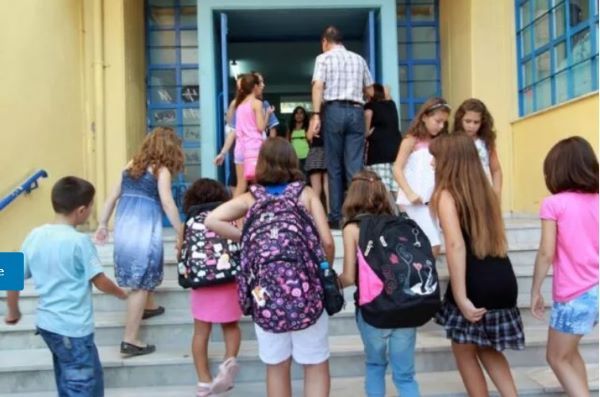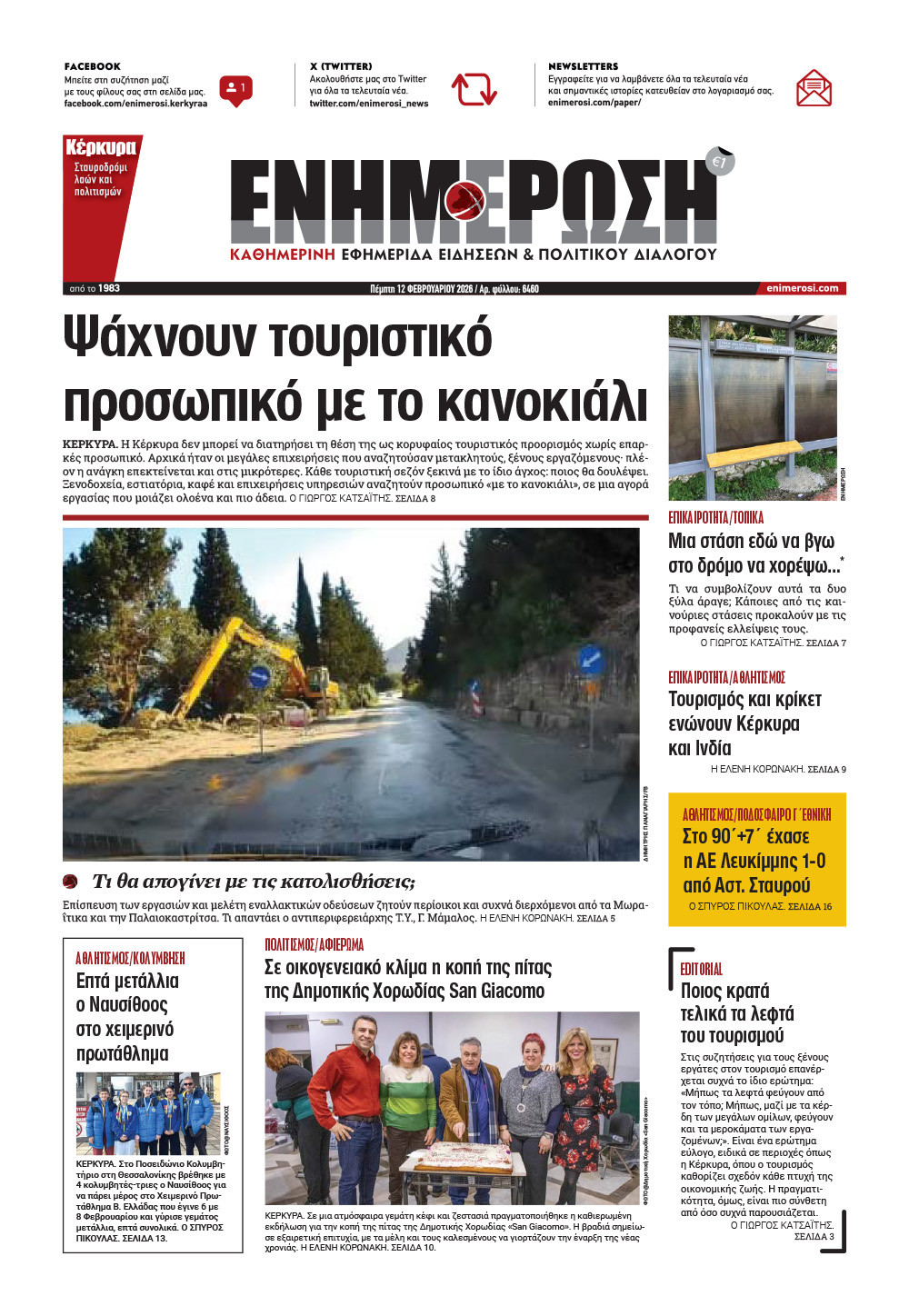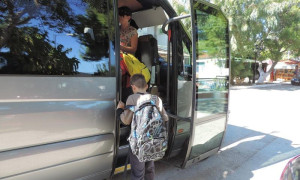Only limited provision of school meals in Corfu

CORFU. Only nine primary schools are participating in the programme that started to be implemented in Corfu two years ago.
For the third year running, the school meals programme is being implemented in Corfu, providing significant assistance to dozens of families. However, until the funding for more meals on the island increases, only pupils from just nine primary schools selected two years ago can benefit from this provision.
Although the programme has been implemented nationwide since 2017 and serves as valuable support during a period when the cost of living has strained family budgets and meeting basic needs has become increasingly challenging, school meals will once again be distributed in just nine primary schools in Corfu.
These are the same schools that have participated in the programme for the past two years since there is currently no plan to increase the number of meals in Corfu, allowing additional primary schools to be included.
Programme hasn't been extended locally
According to the decision published in the Government Gazette, the school meals programme will be implemented for the current school year 2023-2024 in 1,658 primary schools across the country. Although this number increases every year as new schools are added to the programme, it has not expanded at the local level since 2021-2022 when it was first introduced in Corfu.
Specifically, the following schools from north, central and south Corfu are participating in the programme:
Lefkimmi - Melikia 1st Primary School, Lefkimmi - Riggladon 2nd Primary School, Lefkimmi-Neochorion 4th Primary School, Corfu 1st Special Primary School, Corfu 2nd Special Primary School, Kato Garouna Primary School, Kontokali Primary School, Liapades Primary School and Sinarades Primary School. According to the relevant ministerial decision, priority is given to schools that are already participating in the programme.
630 pupils
The distribution of meals to the 630 pupils at these schools is expected to start in the near future and will take place daily until the end of the school year.
These are high-quality meals prepared according to Mediterranean dietary standards, and the ingredients are selected based on their nutritional value in relation to the season. Moreover, the meals are customised to cater to children with allergies.
MARIA BAZDRIYIANNI












